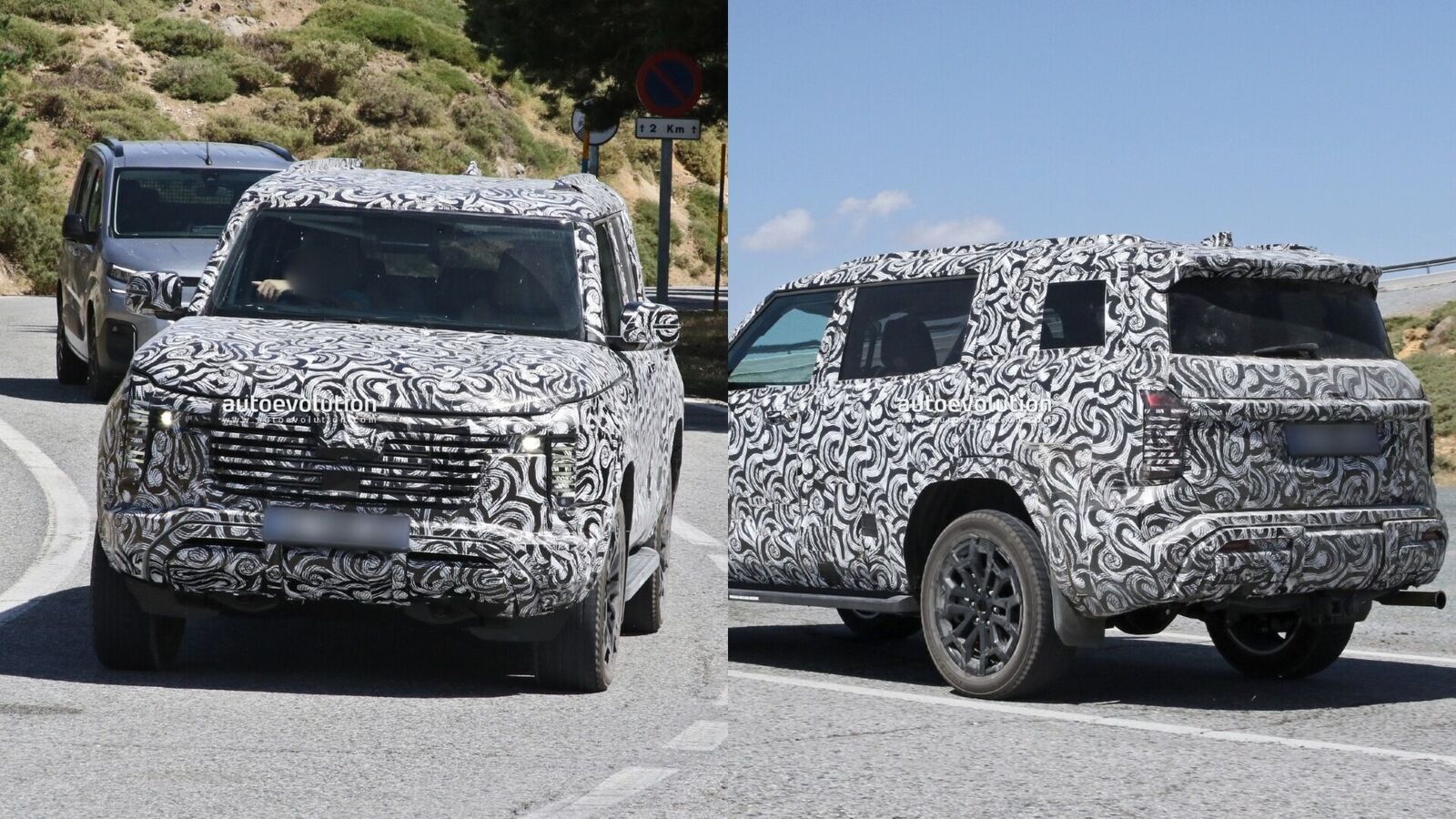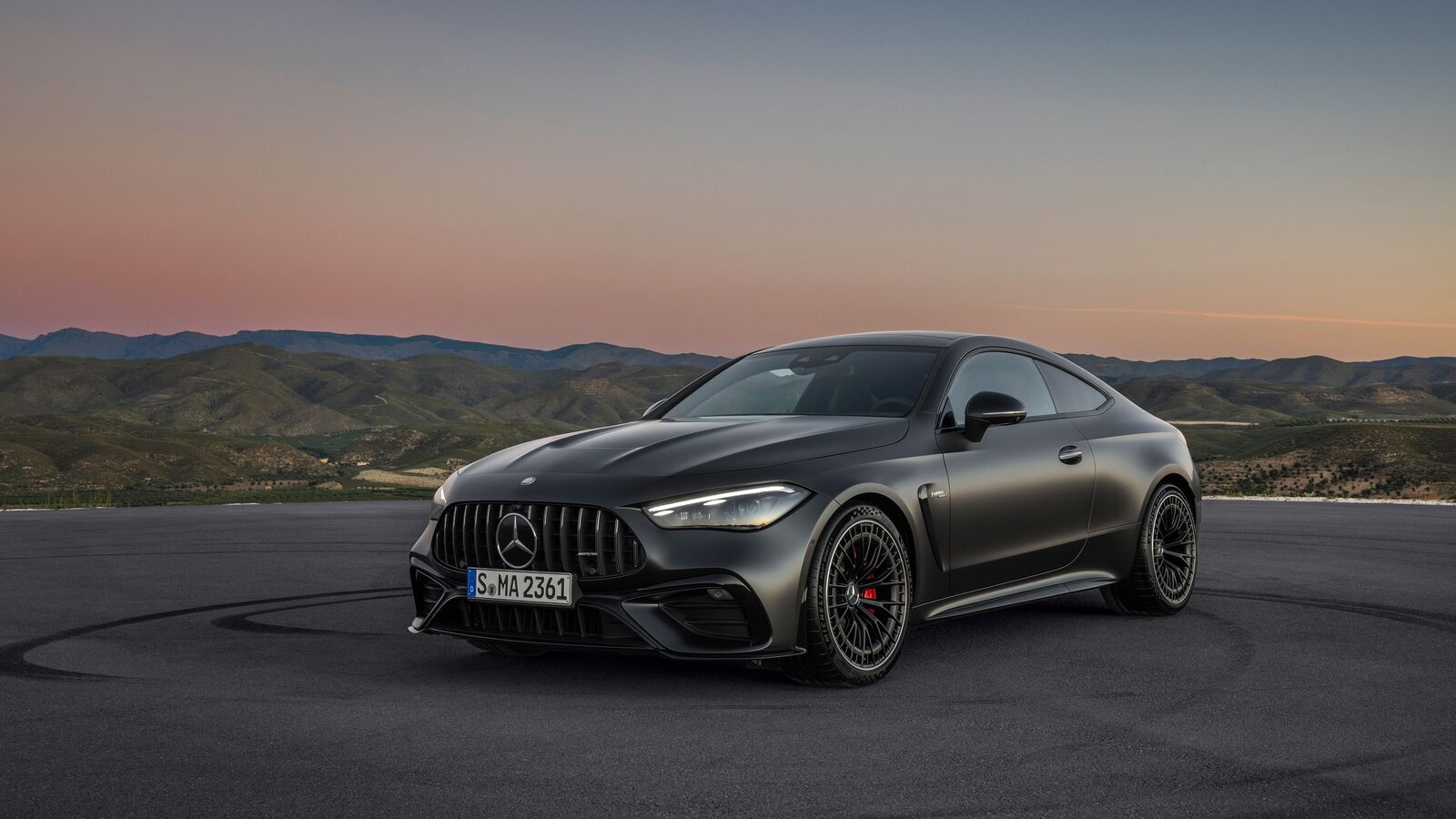Lightweighting has become a critical aspect of the automotive industry, driving improvements in vehicle performance, efficiency and sustainability.
Ashok Leyland’s Senior Vice President K Subramanian believes vehicle lightweighting is becoming more significant with the transition to new fuel systems these days, going well beyond just vehicle structure.
“Lightweighting takes on a new level of significance as we move to new fuel systems because everything is, all of a sudden, more efficient,” Subramanian said, while speaking at the Autocar Professional Vehicle Lightweighting Conference.
Ashok Leyland is looking at a lot of options including steel and aluminum in select areas for lightweighting. Subramanian noted that the automaker wants to do it at an equal or lower cost as upfront cost matters in the Indian commercial vehicle industry.
“Lightweighting is not just about structure. It is also about rethinking whether some of the legacy parts are really necessary………It is about innovatively eliminating what we actually don’t need,” he said, citing examples of how some components are not necessary for electric vehicles.
Subramanian thinks that a lot of the effort on lightweighting is focused on redesigning the vehicle itself and how it is built. “I think electric vehicles give an opportunity to do that because it is not just a simple extension of the current platform. It is giving an opportunity to think of a completely different vehicle – structurally, in terms of transmission and everything,” he said.
Meanwhile, Subramanian noted that the commercial vehicle industry would benefit from gigacasting and it is an area of interest for Ashok Leyland. “If we are going through more and more complex designs, just to optimize designs, it will naturally become more complex. Hence, I think gigacasting will help us in that regard,” he said.
The application of some of the composite materials could be more prevalent in commercial vehicles. “We are trying to see in which parts composite materials make sense. I think born electric vehicles is where we really need to bring in composites, because it is proving difficult for one-to-one replacement of existing parts,” Subramanian.
Ashok Leyland is working on introducing plastics into crash-absorbing systems because certain classes of materials are good at crash absorption. The company is also trying to see if they can replace structural elements with plastics or composites.




